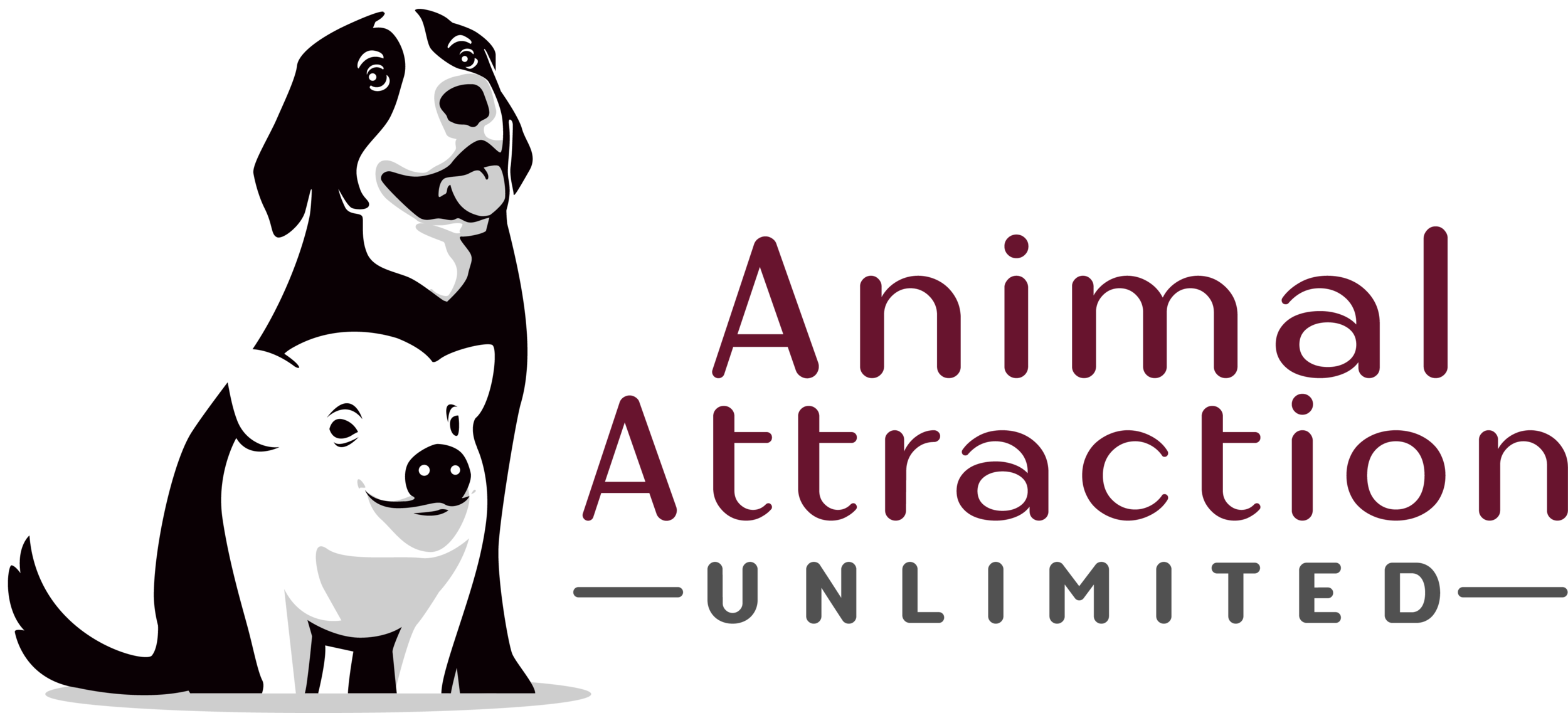Does Your Dog Play Too Rough? Avoid the Mistakes That Create an Over-Excited Dog
This podcast episode is dedicated to a discussion about rough play between dogs and people, focusing on what should and shouldn't be allowed and why.
Key Discussion Points
Slappy Head as an Example: The hosts discuss a specific type of rough play they call "slappy head" (passing the dog's head back and forth between hands), which often causes the dog to open its mouth. They argue this practice is problematic because it encourages mouthiness and teaches the dog that using its mouth on a person's hands is an acceptable form of play.
Rough Play as a Training Tool vs. a Game: While the hosts agree that "slappy head" is not recommended for the average dog owner, Laura admits to playing it sparingly as a tool to teach bite inhibition and impulse control. They stress that this requires the handler to be a mindful dog trainer, watching the dog's body language constantly to ensure the game doesn't escalate out of control. For the average person, it's generally not advisable.
The Problem with Over-Involvement: A central theme is that people—especially men, based on societal norms for physical play—often get too engrossed in rough play, leading to them missing key body language signals from the dog.
People tend to end the game only when they are finished, ignoring the dog's subtle cues (calming signals, avoidance) that it is uncomfortable or wants to stop.
This can lead to the dog feeling trapped, escalating its play intensity in an attempt to get the human to stop, and then potentially getting in trouble for being "too rough" or suddenly snapping.
This dynamic can subtly damage the relationship and lead to misbehavior, like the dog becoming too physical or aggressive.
Rough Play with Puppies: Laura and Kim caution against engaging in rough play with puppies because it teaches a behavior that will be unacceptable once the dog is fully grown with more muscle and jaw strength. They use the example of a rescued Boxer who was clearly taught, through consistent, rough play, to be extremely physical and never back down, leading to significant behavioral challenges.
Common Rough Play Games to Avoid: Besides "slappy head," the hosts briefly mention wrestling and games that involve pushing on the dog to make it flip around and come back. They point out that these games often lead to the exact problems the owners complain about later, such as the dog jumping up or mouthing aggressively.
Conclusion
Laura & Kim generally advise that for most people, rough play is not recommended. If a dog owner chooses to engage in it, they have a responsibility to develop the skill to read their dog's body language and honor its cues to end the game immediately when the dog shows signs of discomfort. They conclude by noting that there are many other, more appropriate games to play with a dog and plan to dedicate a future episode to discussing tug of war.
